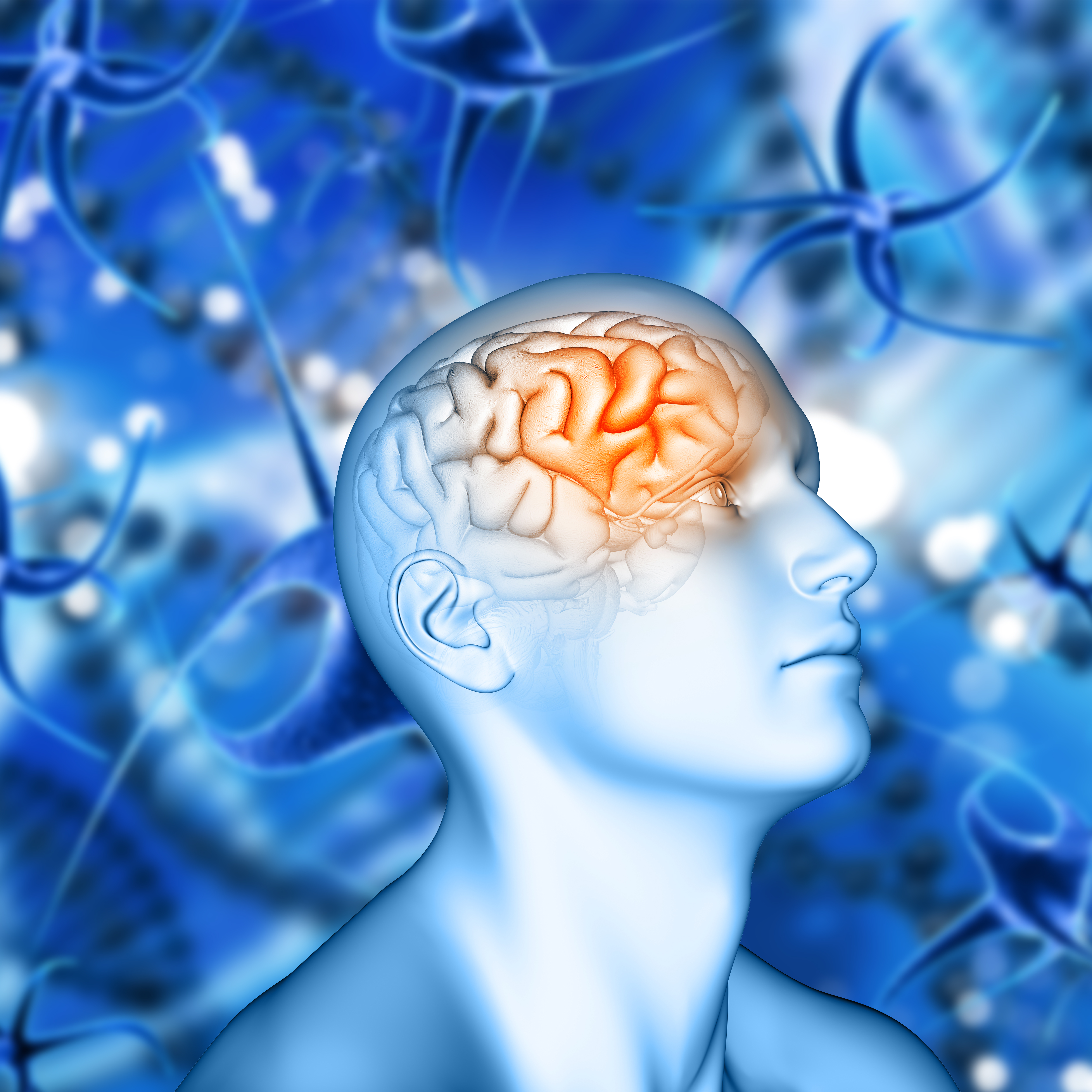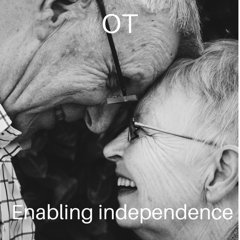Out of Sync Therapy
The choice is yoursWhat is anxiety?
Anxiety is what we feel when we are worried, tense or afraid – particularly about things that are about to happen, or which we think could happen in the future. Anxiety is a natural human response when we perceive that we are under threat. It can be experienced through our thoughts, feelings and physical sensations.
So Anxiety itself is a perfectly normal feeling, except when it begins to overtake our thoughts and feelings excessively, resulting in over worrying or ruminating about situations that may not be as bad as anticipated or feared. Excessive worry can lead to increased anxiety, which can begin to impact on mental and physical health.
If you are experiencing increased worry and it is taking a prominent role in your life, resulting in distress, problems sleeping, panic attacks, restlessness, irritability, difficulty concentrating and fatigue then you should consider seeking help.
Contact Out of Sync Therapy and we can provide an assessment and discuss an intervention framework that is based on need and suits you best.
What is Depression?
Depression is a low mood that persists for a long time and affects your everyday life.
In its mildest form, depression can just be experienced as low spirits. It doesn’t stop you from leading your normal life but makes everything harder to do and seem less worthwhile. At its most severe, depression can be life-threatening because it can make you feel suicidal or simply give up the will to live.
Generally, there are three diagnosed categories of depression, mild, moderate and severe, but in reality, depression can be experienced on a sliding scale from low to high, depending on what is impacting on your mood at any given time.
At Out of Sync Therapy we have experienced and knowledgable people who can help you. Below is a range of therapeutic methods that we are skilled at using in interventions, sometimes in isolation or part of an integrated approach to recovery.
Go to our contact page and select your mode of contact

Cognitive Behavioural Therapy
Cognitive Brief Therapy (CBT) is typically offered as a short to medium term therapy and is used for treating a wide range of commonly experienced emotional and behavioural problems. Whether you’re trying to overcome anxiety, depression, boost self-esteem, or improve your outlook, (CBT) offers a practical, sensible approach to mastering your thoughts and thinking more positively. CBT can help you learn how to identify and manage troublesome thoughts and behaviours so that you can find a more satisfactory and fulfilling way to live in the present.
Solution-Focused Brief Therapy
Solution-Focused Brief Therapy (SFBT), also called Solution-Focused Therapy, is future focused, goal directed, and focuses on solutions, rather than on the problems that brought you here to seek therapy. Most people have previously solved their own problems and probably have some ideas about how to solve the current problem. SFBT can stand alone as a therapeutic intervention, or it can be used along with other therapies.


Motivational interviewing
Motivational interviewing (MI) is a counselling approach developed in part by clinical psychologists William R. Miller and Stephen Rollnick. MI is a goal-oriented, client-centred counselling style for eliciting behaviour change by helping clients to explore and resolve ambivalence.
“Motivational interviewing” is a directive, client-centred counselling style for eliciting behaviour change by helping clients to explore and resolve ambivalence. Compared with non-directive counselling, it is more focused and goal-directed.
Recovery Model
Recovery Model: Working definition of recovery from mental disorders and/or substance use disorders. A process of change through which individuals improve their health and wellness, live a self- directed life, and strive to reach their full potential.


Emotional Intelligence
Emotional intelligence is the ability to identify and manage your own emotions and the emotions of others. It is generally said to include three skills: emotional awareness; the ability to harness emotions and apply them to tasks like thinking and problem solving; and the ability to manage emotions, which includes regulating your own emotions and cheering up or calming down other people
Occupational Therapy
What is Occupational Therapy?
Occupational therapy provides practical support to empower people to facilitate recovery and overcome barriers preventing them from doing the activities (or occupations) that matter to them. This support increases people’s independence and satisfaction in all aspects of life.


Mindfulness
Mindfulness can be defined as “ the awareness that arises from paying attention, on purpose, in the present moment and non-judgmentally”.
The development of mindfulness in everyday life can significantly help us to improve our well-being and to deal more effectively with life’s stressors bringing increased relaxation, enjoyment, stability and clarity of mind.
Mindfulness based approaches have been proven to help people to reduce stress and anxiety, cope with pain and illness, and live happier and more meaningful lives.